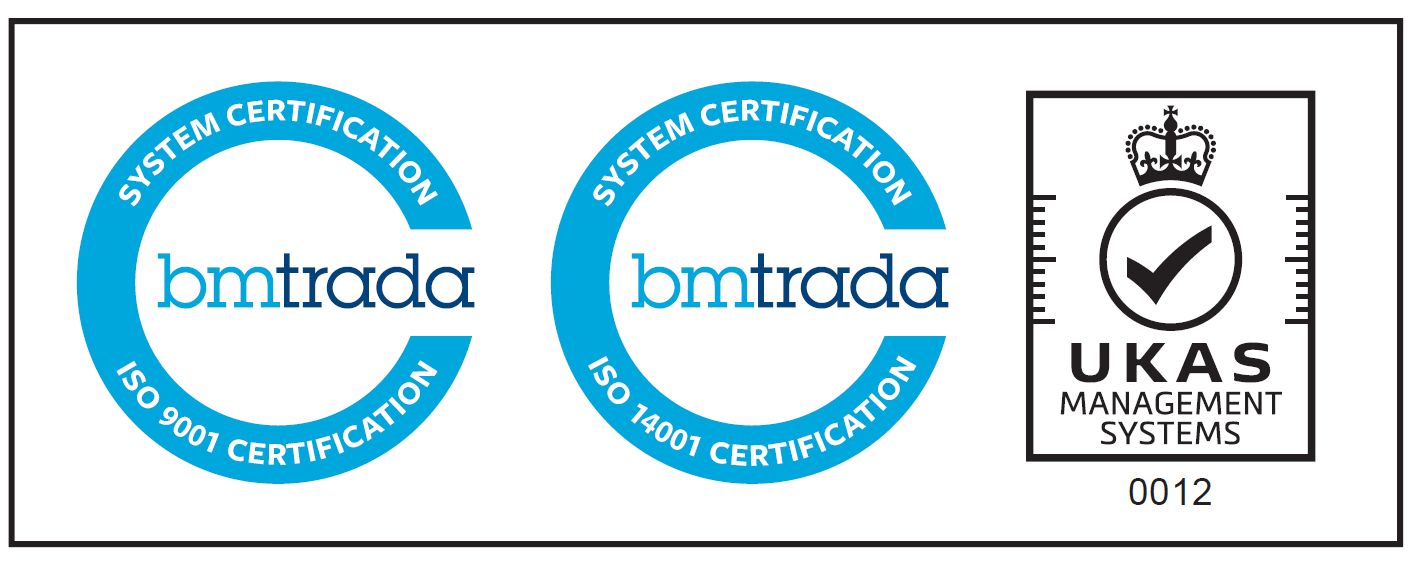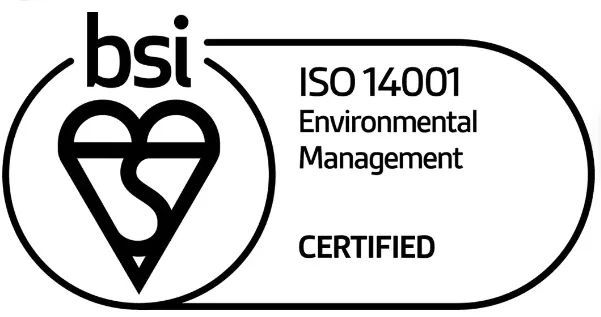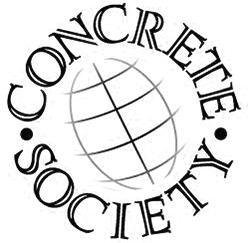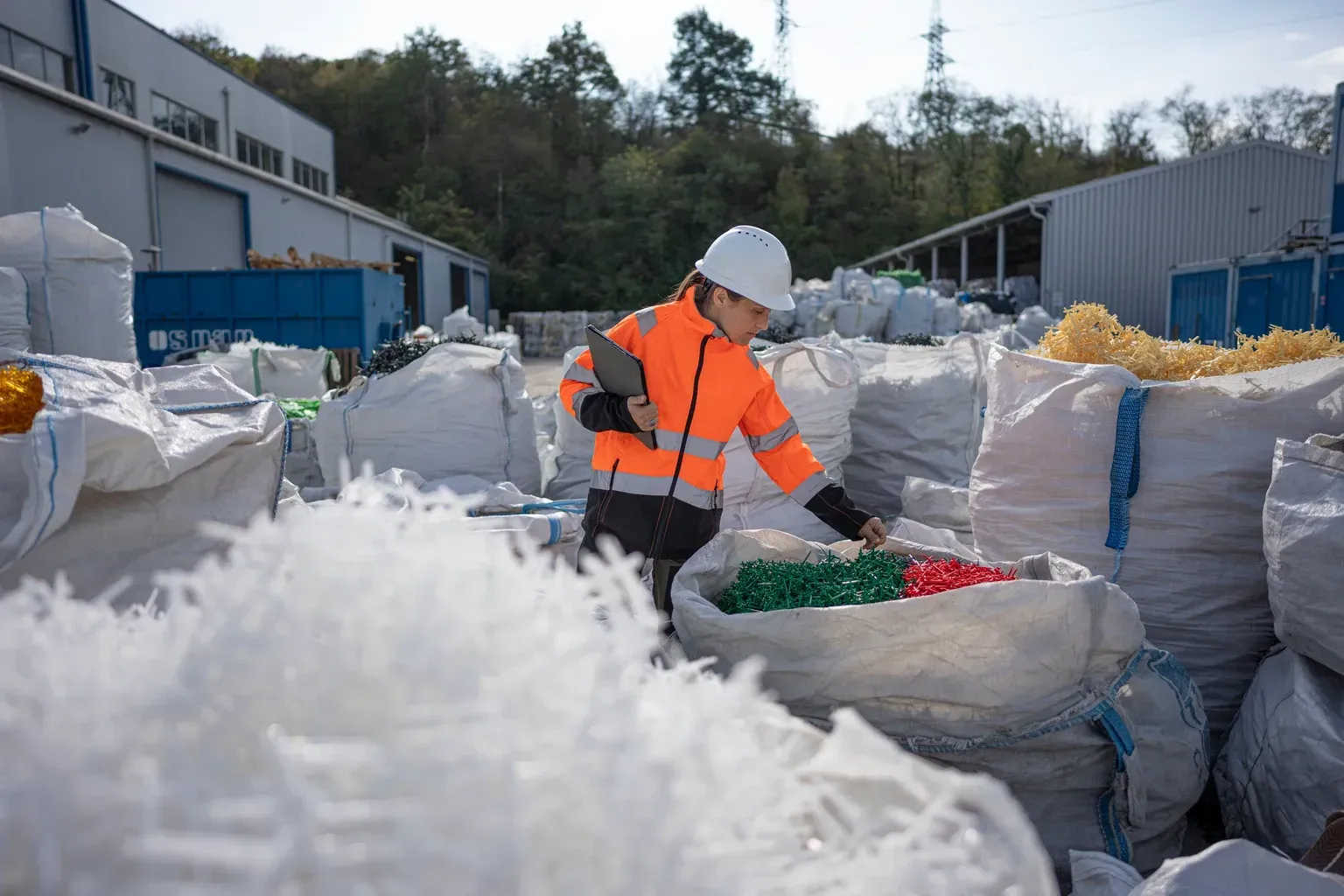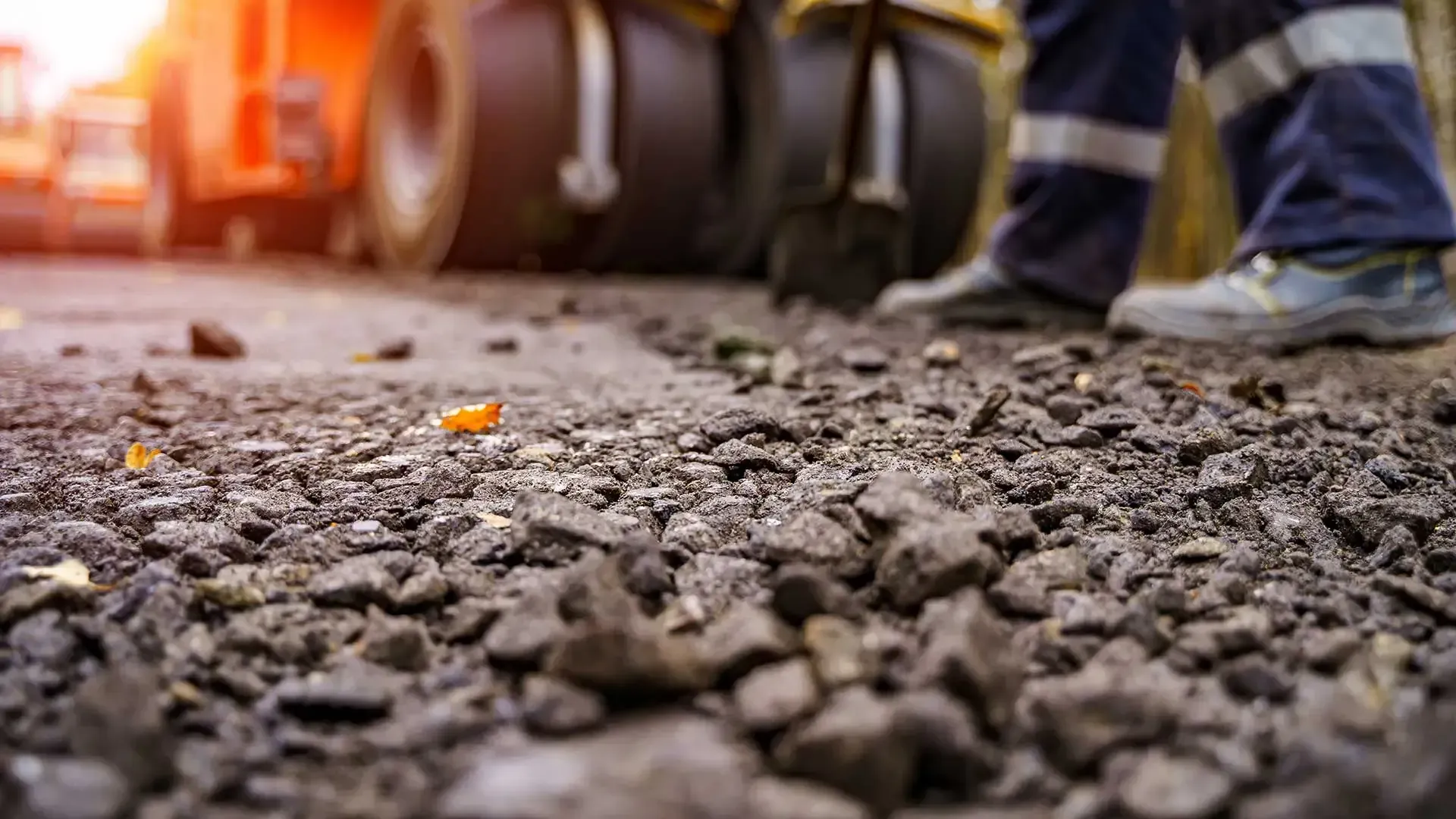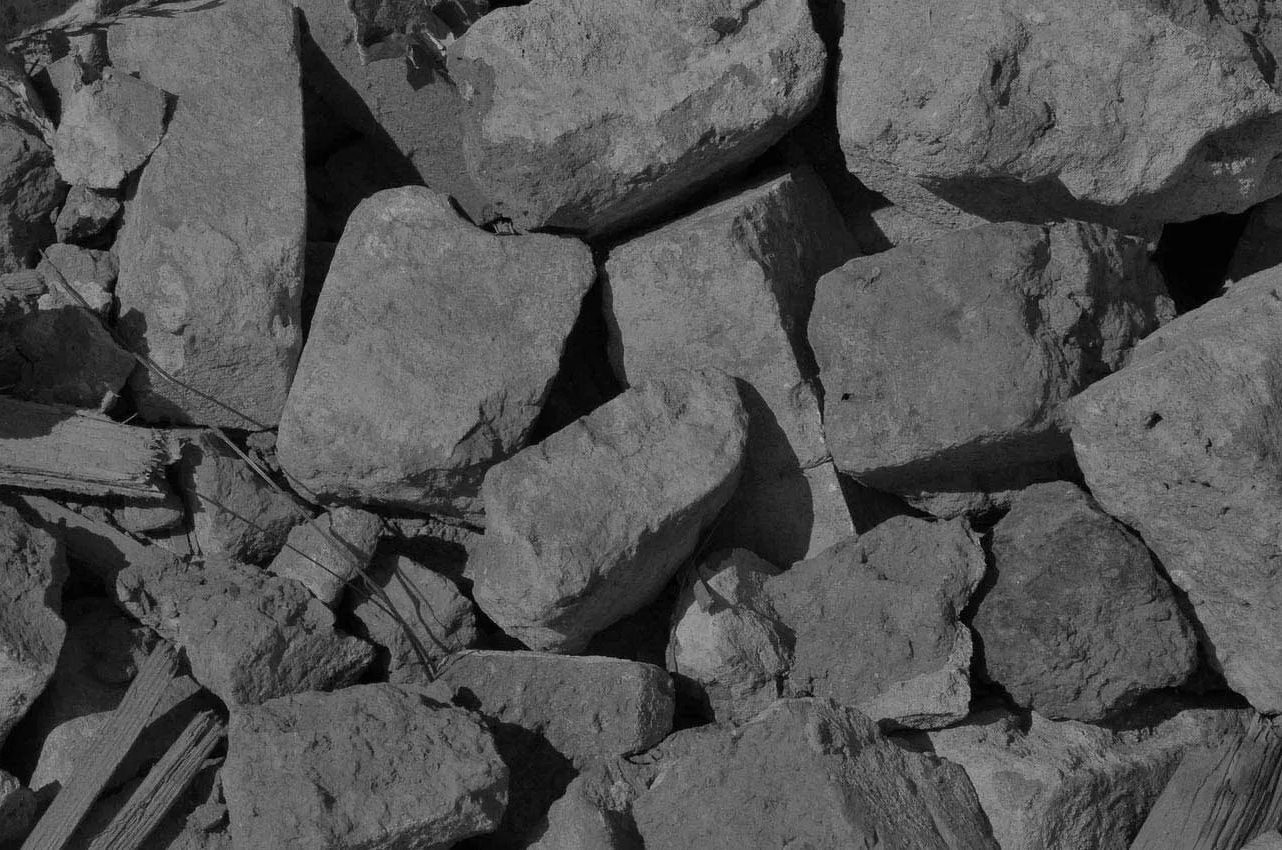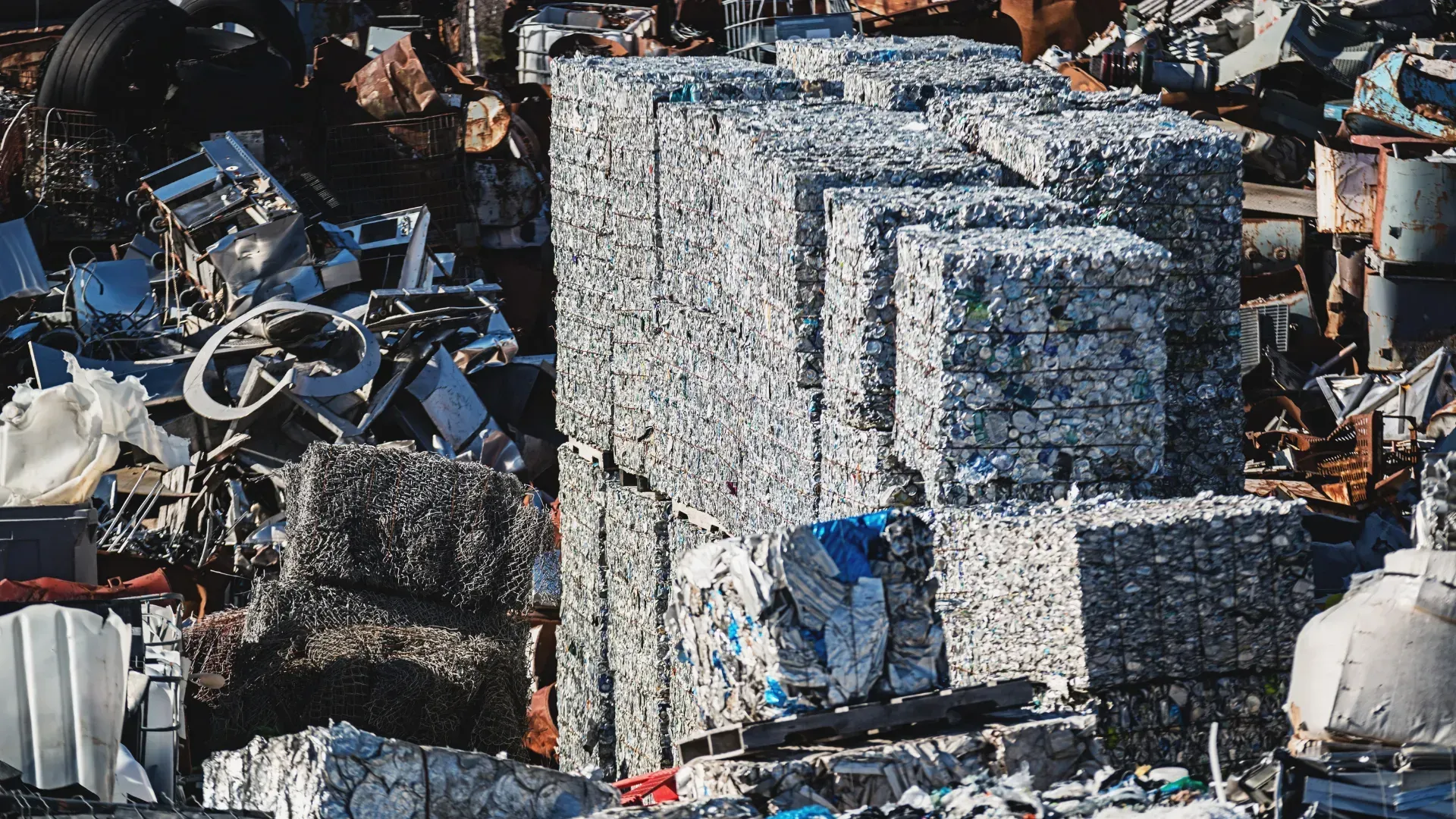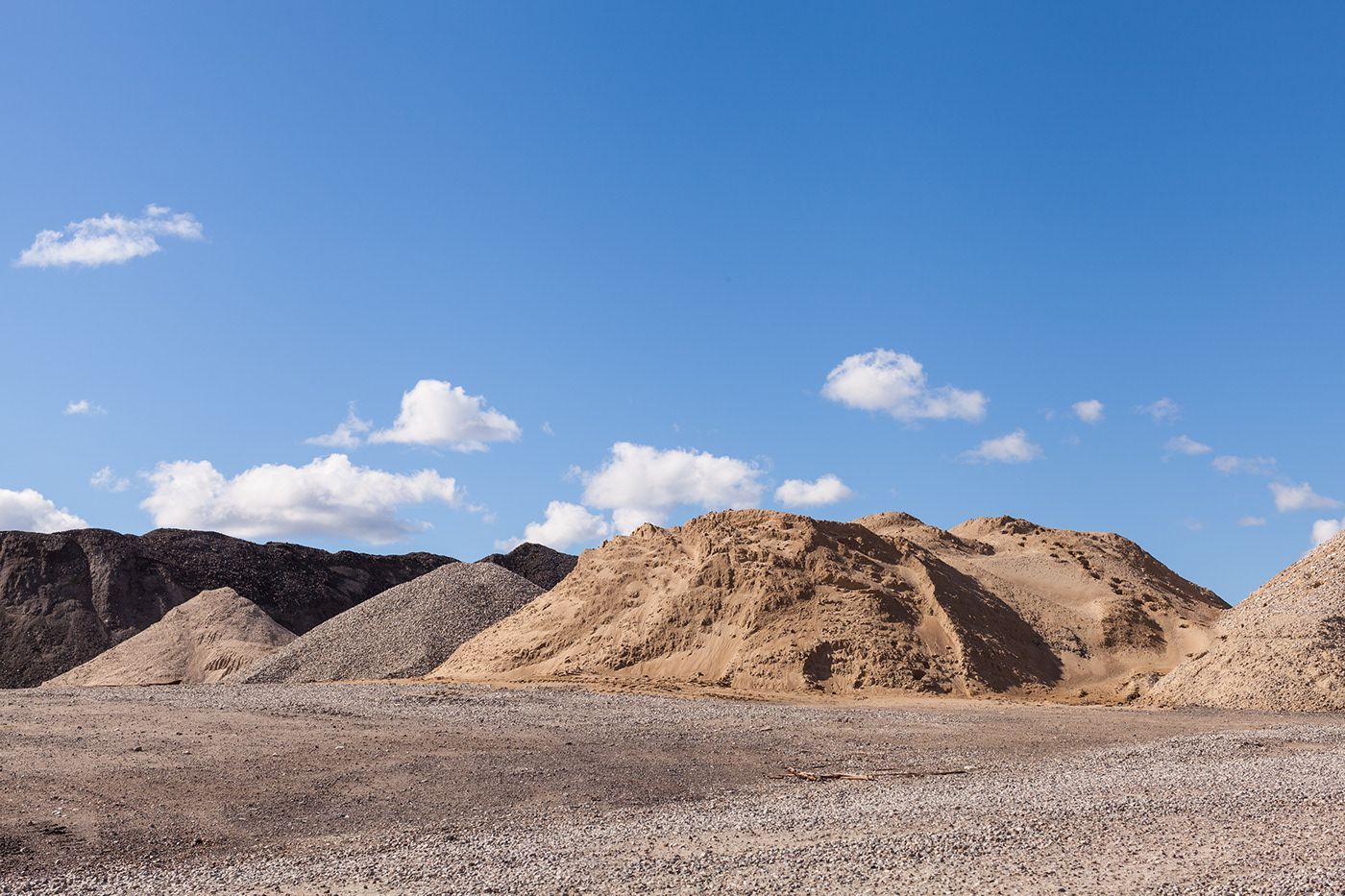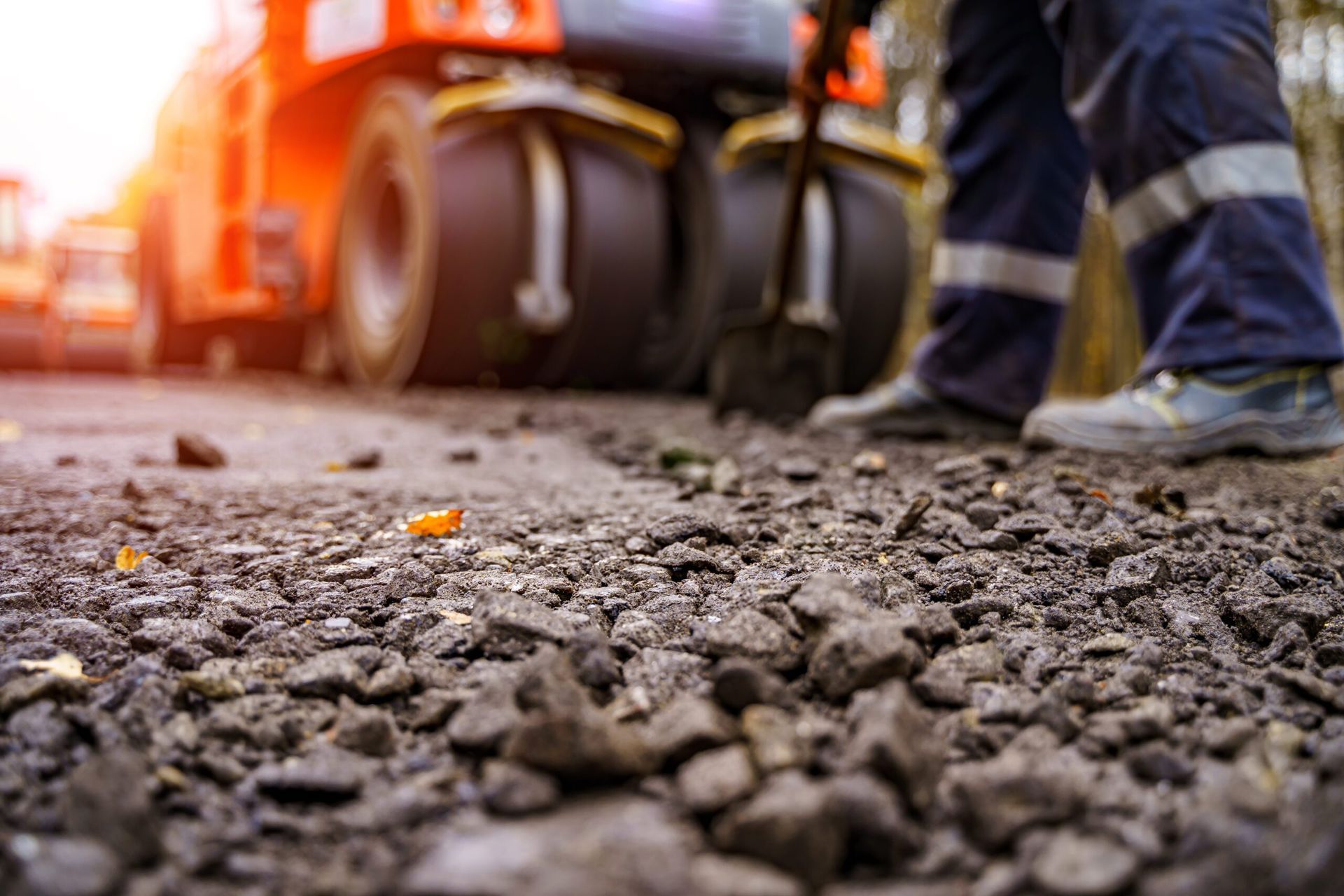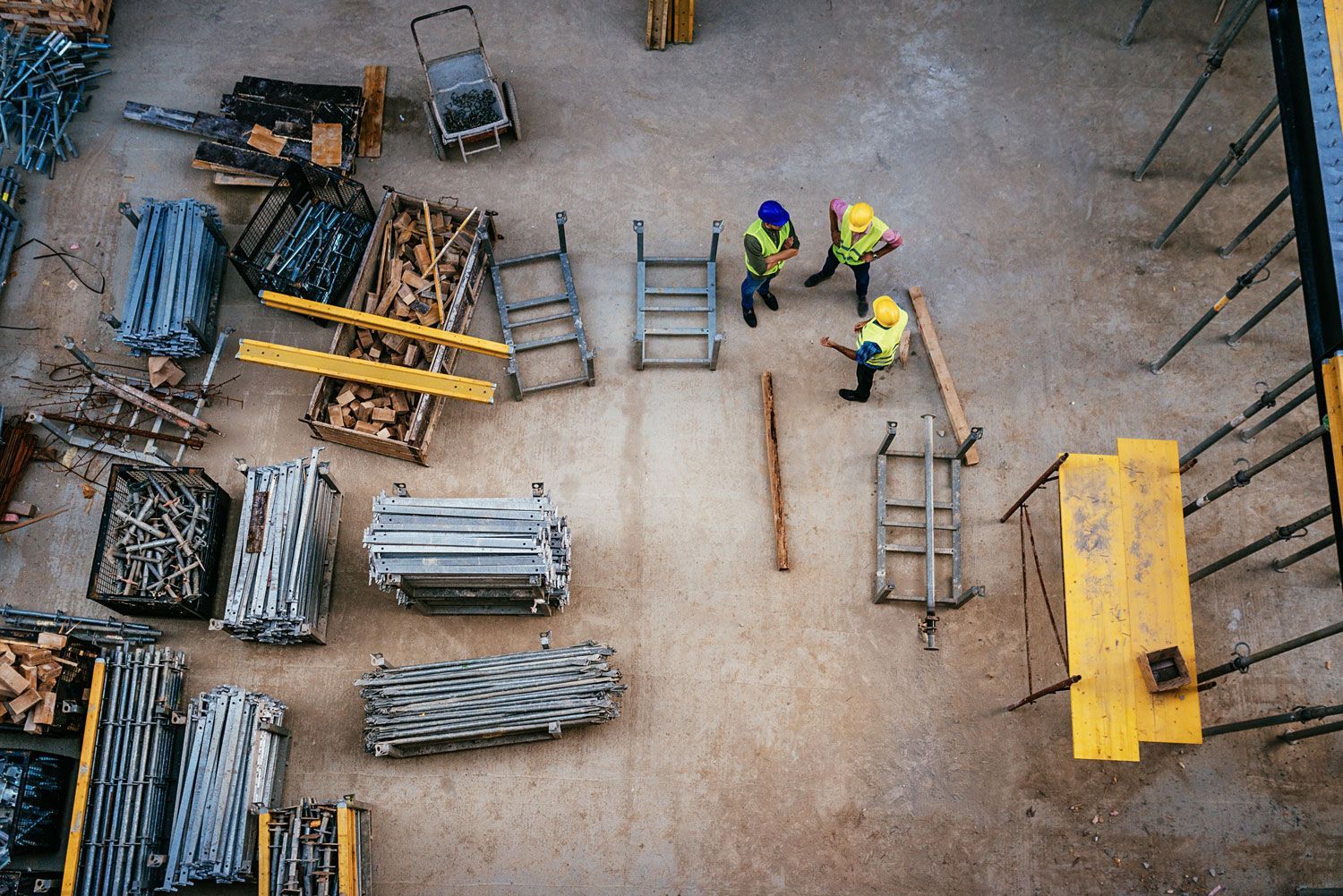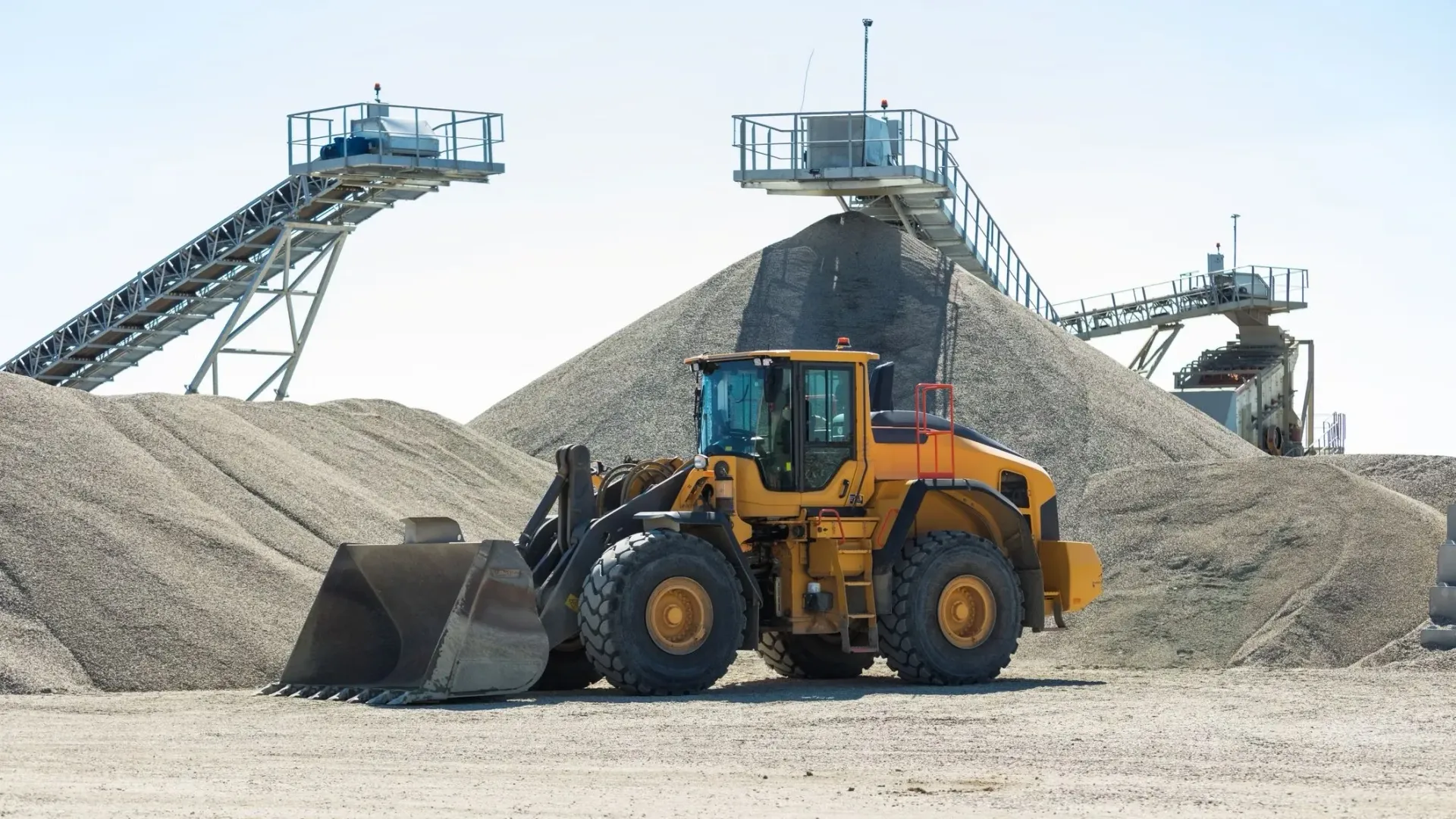All You Need to Know About Recycled Concrete
When looking ahead to the future, if we are to continue benefiting from the extensive usage construction materials, such as concrete, give us to build our homes, resurface our driveways and landscape our gardens, amongst many other things, then it is of the utmost importance to act in an environmentally sustainable matter from this moment forward.
Both the earth we live on and our place on it are at risk if we do not take action to reverse the effects our careless, insensible industrial actions have had. This is why the construction industry is now beginning to make and practise more conscious choices, such as using recycled concrete in various applications across multiple projects.
Read our extensive guide below to learn more about what recycled concrete is, the different ways in which it can be used and the advantages it has over using fresh concrete.
What is Concrete Recycling?
Concrete recycling is the practice of repurposing old or discarded concrete so that it can be used for other purposes. This stops it from otherwise going to landfill, whereby it would slowly degrade and release harmful gases into the atmosphere. Furthermore, it reduces the need for raw materials to be sourced and used to make concrete from scratch, assuming recycled concrete can be used in its place for specifically intended purposes.
When made from scratch, the production of concrete releases carbon dioxide in the atmosphere, with each pound of concrete made releasing approximately 0.93 pounds of CO2. It also uses large amounts of water in its production, which can have negative effects for local areas where the water was sourced from, as well as negatively impacting the environment.
For these reasons, using recycled concrete, where possible, is much more sustainable than producing fresh concrete if it can be avoided.
Recycled Concrete Solutions
The Recycling Process
Now that you know what recycled concrete is, what does the recycling process entail, exactly?
Whilst some large pieces of concrete from demolished structures may be used as they are in certain applications, the recycling of concrete typically involves turning it into aggregates. What are aggregates? Simply put, aggregates are materials used for construction uses that come in granular form (i.e. small pieces).
In order to create concrete aggregates, the concrete that will be recycled is first crushed and grinded up into smaller pieces through the use of impactors. These pieces will then be passed through screens, which separates the larger, coarser pieces from the smaller, finer pieces (as these can be used for different purposes).
Additional processes may then be used to further separate materials within these concrete aggregates if desirable. For example, a magnet may be used to remove any metallic elements, such as steel, whilst water flotation can be used to remove other unwanted materials.
The Uses of Recycled Concrete
Repurposed Concrete
You may wonder what recycled concrete can actually be used for if it’s simply turned into aggregate form, rather than being kept as larger structural pieces and since it is obviously no longer in the pouring consistency that makes it so versatile. There are actually many different uses for aggregates in constructions, but first let us tell you about some other ways concrete can be reused without being turned into aggregates.
One way to use larger pieces of demolished concrete is in riprap, an effective sea defence method. Riprap is the use of boulders and rocks being purposely placed along coastlines in a way that interlocks them together, creating a revetment that dissipates the force from oncoming waves and protects the coastline from erosion. Large fragments of concrete are ideal for filling in gaps and aiding in the structural soundness of riprap.
Another form of erosion defence that may utilise discarded concrete is a gabion. Gabions are wire cages that are filled with rocks, stones and other materials (such as concrete scraps). They are typically used on roadsides or riverbanks, and are used to protect these areas from landslides and erosion, as well as reduce the damage from floods.
In some instances, concrete slabs have also been used to create permeable paving. Particularly for use in gardens or some public walkways, discarded concrete slabs create attractive, abstract patios or pathways, whilst the gaps between them allows for rain to still permeate the ground and hydrate the soil underneath.
Recycled Concrete
Moving on, then, to recycled concrete aggregates, these have numerous uses for all types of construction projects, both domestic and industrial.
Coming full circle, one way these can be used is in the production of new concrete. Rather than harvesting aggregates anew, a process which depletes raw material resources and releases high levels of CO2 into the atmosphere, using recycled building aggregates allows the concrete mixture to still be reinforced, just in a much more sustainable way. Using concrete aggregates specifically will also make for stronger, more durable concrete, as its overall composition will double up on these properties.
Another common use for recycled concrete aggregates is as a sub-base for roads and pavements. A sub-base is one of the under-layers of a road or pavement that is predominantly responsible for load-bearing. As well as these aggregates having strong and durable properties, their fragmented structure allows them to spread a single point of load across a larger surface area, thus reducing the risk of settlement, channelling and distortion in the road and keeping it in a good condition that can support prolonged use.
One of the lesser suspected ways that concrete aggregates can be used is in landscaping projects. For example, if you wish to resurface your driveway then these aggregates can either be used to reinforce its structural integrity, or even as a decorative feature, with exposed aggregates offering a multi-coloured appearance for your driveway along with better grip for your vehicles’ tyres. Likewise, they may also be used in gardening, either embedded within pathways, used loosely as a decorative feature around flower beds or even larger slabs of scrapped concrete can be used as paving stones.
The Benefits of Recycled Concrete
Many people in the construction industry aren’t only using recycled concrete because of societal pressure, but because there are numerous benefits they can reap from doing so - both economical and environmental.
Economically speaking, recycling concrete can save builders money by taking away their need to pay any disposal or tipping fees that they otherwise would need to pay in order to dispose of scrap or demolished concrete. Transportation fees are also reduced, since the equipment needed to recycle concrete can easily be used on or near construction and demolition sites, rather than having to go further to a designated waste centre.
They will also be saving money by not having to buy new concrete mixtures for certain projects where recycled concrete can be used in its place. Recycling the concrete is also a much faster process than quarrying the necessary materials anew, making for better business efficiency also.
From an environmental perspective, repurposing or recycling concrete is no doubt the most eco-friendly way to manage old concrete. This saves it from going to landfill, where it would take many years to degrade. Minimising the materials and waste that go to landfill as much as possible is important to reduce the amount of greenhouse gases being released into the atmosphere and aiding in the climate crisis we are currently experiencing.
Recycling concrete further reduces greenhouse gas emissions by eliminating the need for raw resources to be quarried, which also saves other natural resources (such as coal or water) that are simultaneously used in its production.
Concrete Suppliers
If you’re looking for sustainable concrete solutions in and around Glasgow, then you need WM Thompson.
Sustainability is at the forefront of our business ethos. We understand the importance of conscious construction in this day and age, which is why we offer our customers recycled aggregates, including concrete, gravel, asphalt products and reclaimed stone. All our aggregates that have gone through our efficient recycling process, then go through quality control procedures to ensure that our customers are getting materials of the best quality.
If you source your recycled materials from us, you will have the piece of mind that you are making a sustainable choice whilst benefiting from quality materials, being cost-effective for your business.
Get in touch with us today to learn more about the products and services we offer, and source your recycled aggregates from the leaders in green construction.
